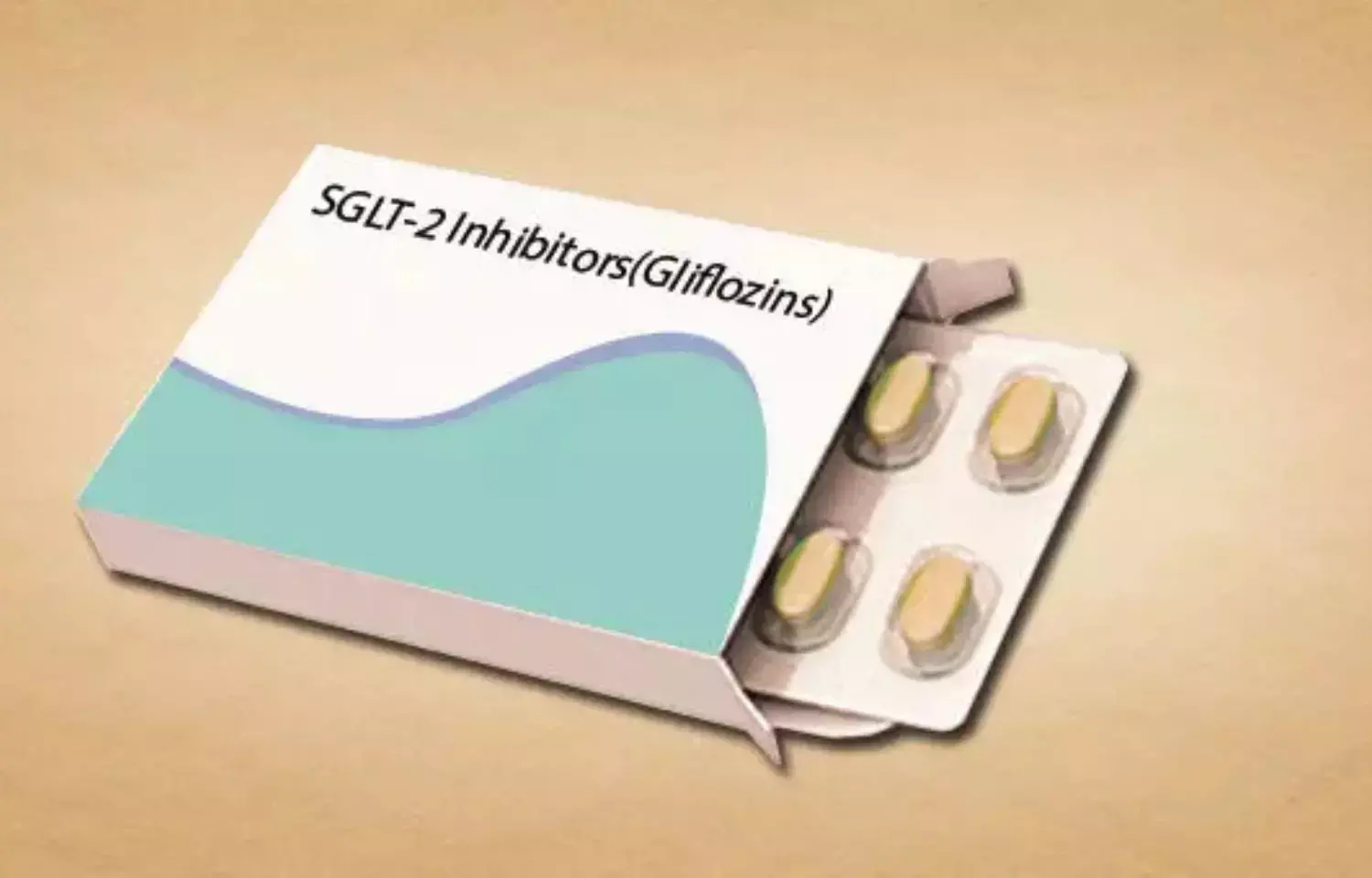- Home
- Medical news & Guidelines
- Anesthesiology
- Cardiology and CTVS
- Critical Care
- Dentistry
- Dermatology
- Diabetes and Endocrinology
- ENT
- Gastroenterology
- Medicine
- Nephrology
- Neurology
- Obstretics-Gynaecology
- Oncology
- Ophthalmology
- Orthopaedics
- Pediatrics-Neonatology
- Psychiatry
- Pulmonology
- Radiology
- Surgery
- Urology
- Laboratory Medicine
- Diet
- Nursing
- Paramedical
- Physiotherapy
- Health news
- Fact Check
- Bone Health Fact Check
- Brain Health Fact Check
- Cancer Related Fact Check
- Child Care Fact Check
- Dental and oral health fact check
- Diabetes and metabolic health fact check
- Diet and Nutrition Fact Check
- Eye and ENT Care Fact Check
- Fitness fact check
- Gut health fact check
- Heart health fact check
- Kidney health fact check
- Medical education fact check
- Men's health fact check
- Respiratory fact check
- Skin and hair care fact check
- Vaccine and Immunization fact check
- Women's health fact check
- AYUSH
- State News
- Andaman and Nicobar Islands
- Andhra Pradesh
- Arunachal Pradesh
- Assam
- Bihar
- Chandigarh
- Chattisgarh
- Dadra and Nagar Haveli
- Daman and Diu
- Delhi
- Goa
- Gujarat
- Haryana
- Himachal Pradesh
- Jammu & Kashmir
- Jharkhand
- Karnataka
- Kerala
- Ladakh
- Lakshadweep
- Madhya Pradesh
- Maharashtra
- Manipur
- Meghalaya
- Mizoram
- Nagaland
- Odisha
- Puducherry
- Punjab
- Rajasthan
- Sikkim
- Tamil Nadu
- Telangana
- Tripura
- Uttar Pradesh
- Uttrakhand
- West Bengal
- Medical Education
- Industry
SGLT2 inhibitors and GLP1 receptor antagonists effectively control blood sugar but are prohibitively expensive

SGLT2 and GLP1 have been found to reduce atherosclerotic cardiovascular disease (ASCVD), microvascular disease, and mortality in addition to improving glycated hemoglobin (HbA1c) and cardiovascular risk factors.
Researchers have found in a new study that use of SGLT2 inhibitors and GLP1 receptor agonists as first-line treatment for type-2 diabetes would improve outcomes, but their use is prohibitively expensive treatment option.
The study is published in Annals of Internal Medicine.
These medications have been recommended for second-line therapy in both American and European guidelines but may be a prohibitively expensive treatment option for some payers.
Researchers from the University of Chicago Department of Medicine created an individual patient-level model to simulate the lifetime incidence, prevalence, mortality, and costs associated with having type-2 diabetes. They created several treatment outcomes, including the first-line use of metformin and second-line use of SGLT2 or GLP1, the first-line use of SGLT2, and the first-line use of GLP1.
After conducting analyses, the authors found that first-line SGLT2 inhibitors and GLP1 receptor agonists had lower lifetime rates of congestive heart failure, ischemic heart disease, myocardial infarction, and stroke compared with metformin. However, they also found that the costs for SGLT2 inhibitors would need to be reduced by 70 percent and by 90 percent for oral GLP1 receptor agonists to be cost-effective compared to metformin.
According to the authors, their study results indicate the need to reduce SGLT2 inhibitor and GLP1 receptor agonist medication costs substantially for patients with type 2 patients to improve health outcomes and prevent exacerbating diabetes health disparities.
Reference:
Brown E, Heerspink HJL, Cuthbertson DJ, Wilding JPH. SGLT2 inhibitors and GLP-1 receptor agonists: established and emerging indications. Lancet. 2021 Jul 17;398(10296):262-276. doi: 10.1016/S0140-6736(21)00536-5. Epub 2021 Jun 30. PMID: 34216571.
Dr Kamal Kant Kohli-MBBS, DTCD- a chest specialist with more than 30 years of practice and a flair for writing clinical articles, Dr Kamal Kant Kohli joined Medical Dialogues as a Chief Editor of Medical News. Besides writing articles, as an editor, he proofreads and verifies all the medical content published on Medical Dialogues including those coming from journals, studies,medical conferences,guidelines etc. Email: drkohli@medicaldialogues.in. Contact no. 011-43720751


